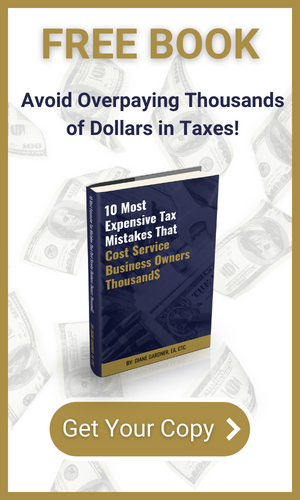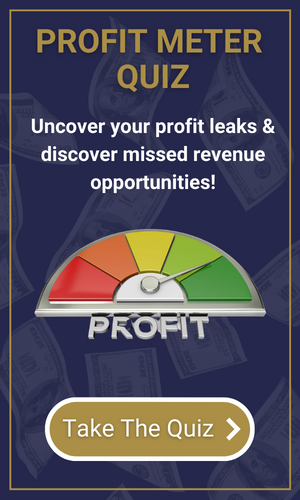Often if you are in dire need for money the most tempting area to look is your IRA, 401(k), and other qualified retirement accounts. These funds, set aside for your retirement, may seem to be the answer to your financial woes.
Should I take an early withdrawal?
Is it a good idea to tap into retirement account funds prior to reaching age 59½? Here are some things to consider:
- The penalty. Retirement funds taken out for non-qualified use are not only subject to regular income tax, but are also subject to a 10% early withdrawal penalty.
- Debt collectors love it. Debt collectors are commonly prohibited from access to your retirement accounts. So if you are using the funds to put off debt collectors, be aware that you may be using funds that might be protected if you became insolvent.
- There is an opportunity cost. Currently the funds in your traditional IRA, 401(k), and similar retirement plans grow tax deferred. So a dollar today will compound until you withdraw the funds at retirement. This growth is lost with early withdrawals.
- Not for your kids. It is usually not a good idea to use early withdrawals to help pay a child’s debt or school costs. There are better ways to help children financially than to pay the stiff penalty on your early withdrawal.
If you still need to make the early withdrawal
- Withdraw “after-tax” contributions first. This can be Roth IRA contributions or other after-tax contributions. Why? Since these funds have already been taxed, there is often no additional tax burden or early withdrawal penalty.
- Certain withdrawals from qualified plans are allowed. This includes hardship withdrawals for qualified medical expenses, qualified educational expenses, and up to $10,000 to purchase a first time home.
- Consider taking out a loan from your employer-provided 401(k). You will then repay this loan to your retirement account with interest. But be careful, you are required to repay any outstanding balance when you leave your job.
- Look into substantially equal payments. Look into taking the distributions as part of a series of substantially equal periodic payments over your life expectancy. If done right, this can help avoid the 10% early withdrawal penalty.
While it is never a great idea to tap into funds that are specifically set aside to make your retirement stress-free, if you must do so it is worth being thoughtful about how you go about the withdrawal.
If you have questions regarding your specific situation, please call. (208) 687-0508




